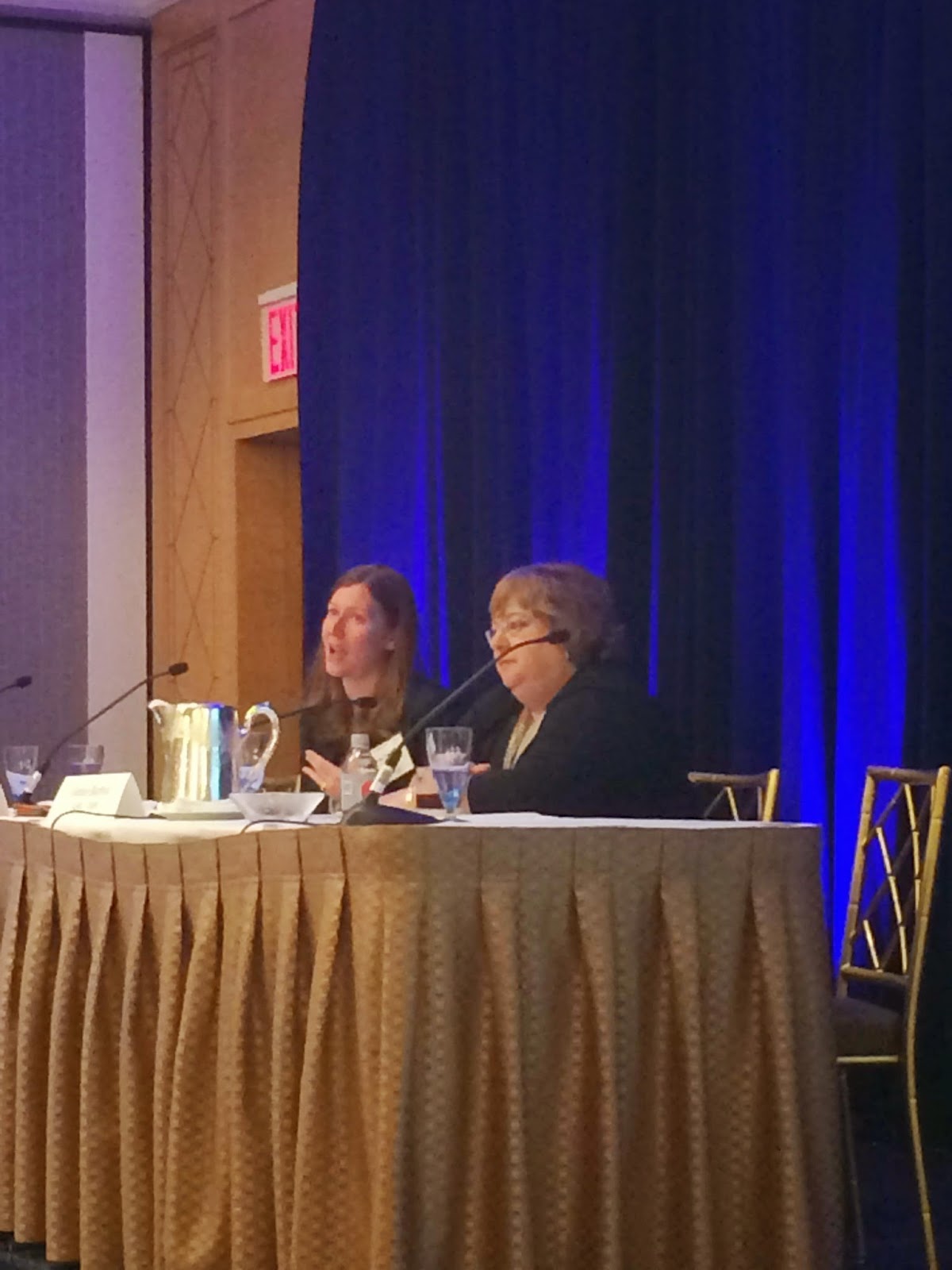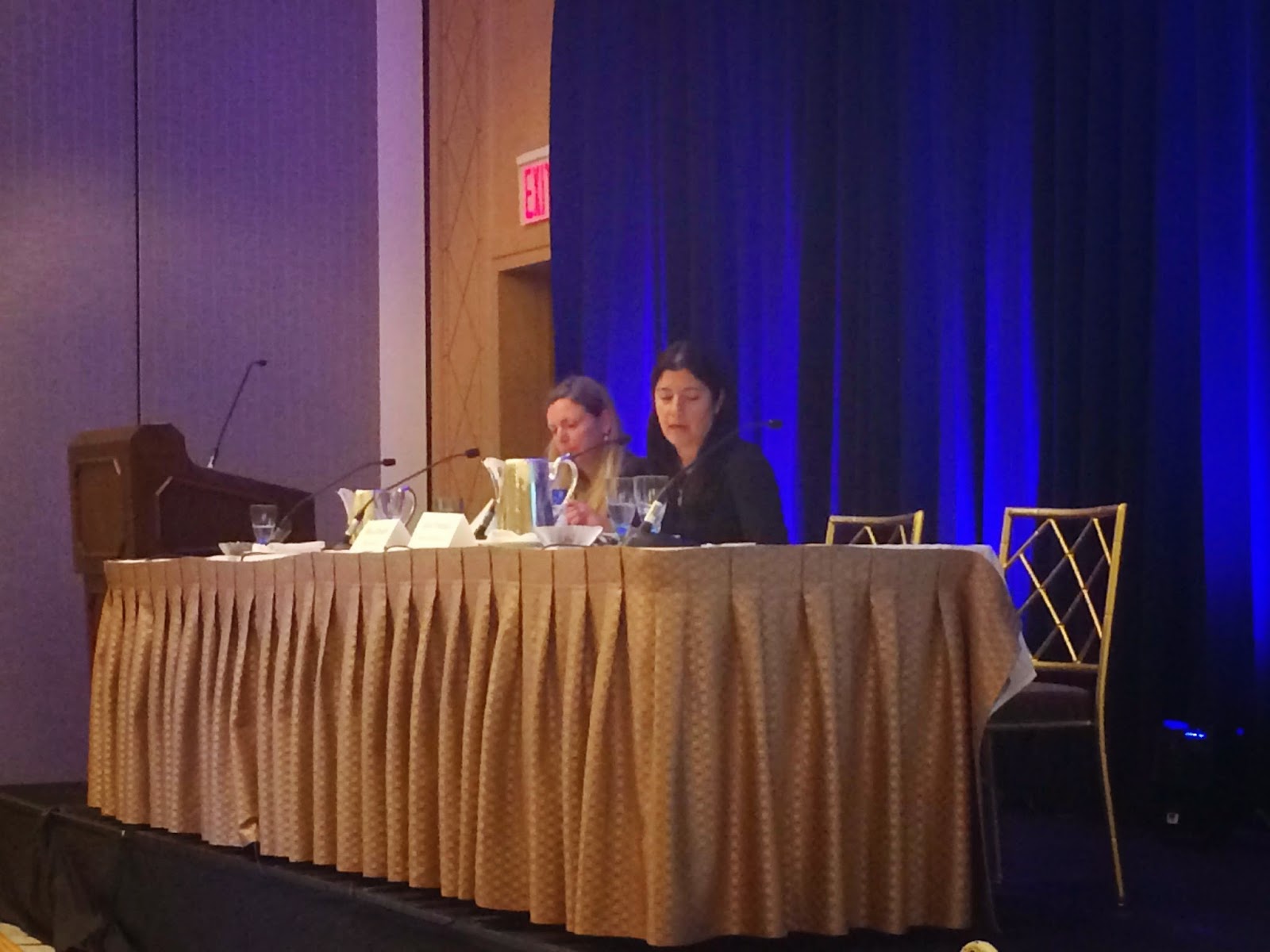Yesterday, CARU held its annual conference at the Ritz-Carlton New York, Battery Park. The event was an excellent opportunity for industry members to discuss issues and concerns amongst the community.
Panelists wowed attendees with a wealth of information. Discussions focused on issues facing the children's advertising industry, how online and mobile technology has changed the way companies market their products to children in the US and abroad, nuances of the modified COPPA Rule, how companies are implementing new practices to comply with these changes in their online and mobile marketing and much much more. Panelists also discussed strategies for utilizing online interest-based advertising and other third party initiatives while maintaining legal and regulatory compliance, marketing to children through non-traditional means, domestic and global challenges in self-regulation. There was even a panel advising what to consider when working with younger talent--something that many in the industry is familiar with.
The Keynote speaker, Terrell McSweeny, urged advertisers and others covered by its Children's Online Privacy Protection Act Rule not to ignore the regulation's data security requirements, saying that the recent rash of massive data breaches has made safeguarding data vitally important. McSweeny warned that the commission plans to bring more children’s privacy enforcement cases similar to a pair of recent actions. Elliott Siebers, Deputy Attorney General in New Jersey for the Department of Law and Public Safety, predicted that state enforcers would also become more active in the area.
Thanks to our sponsors for their ongoing and generous support.






